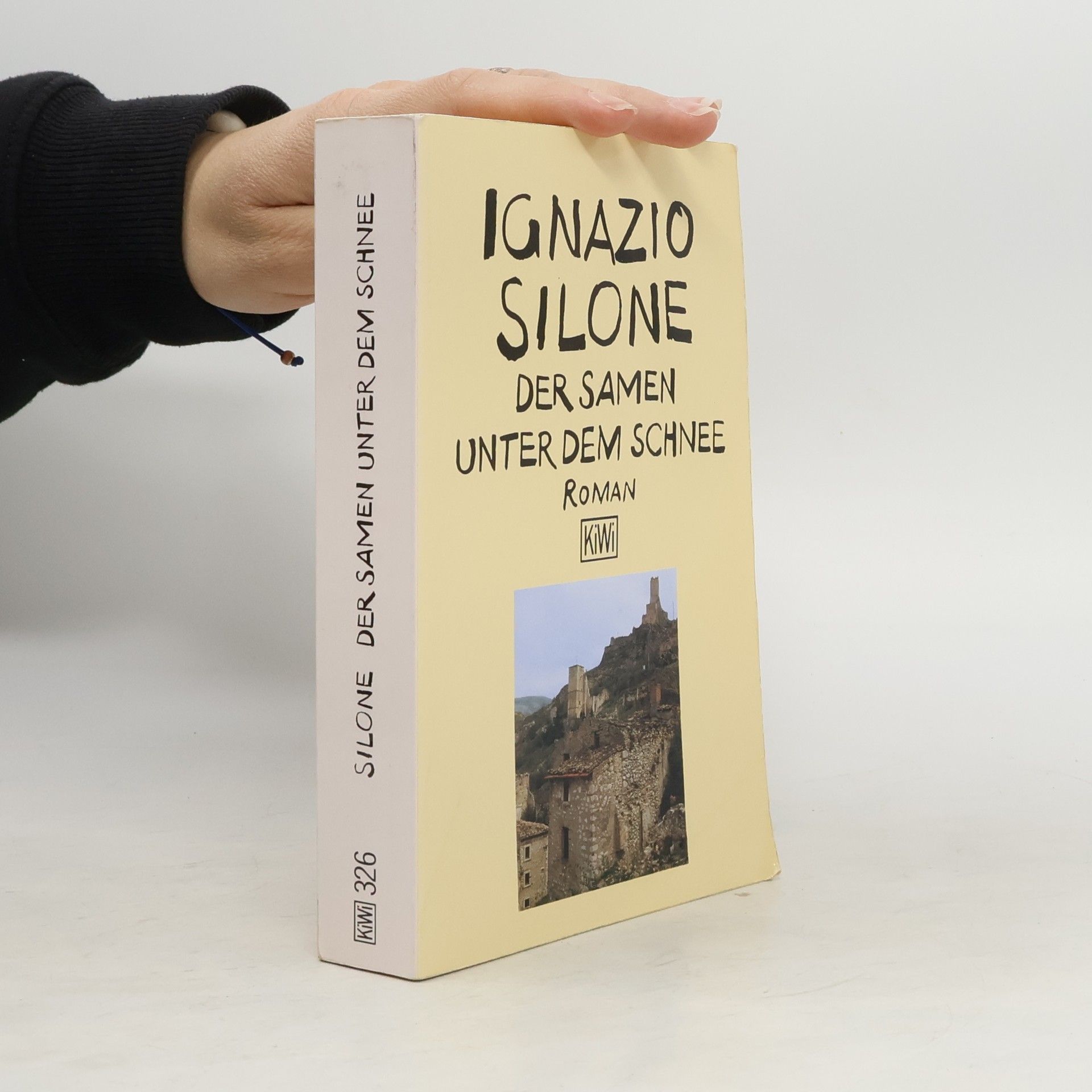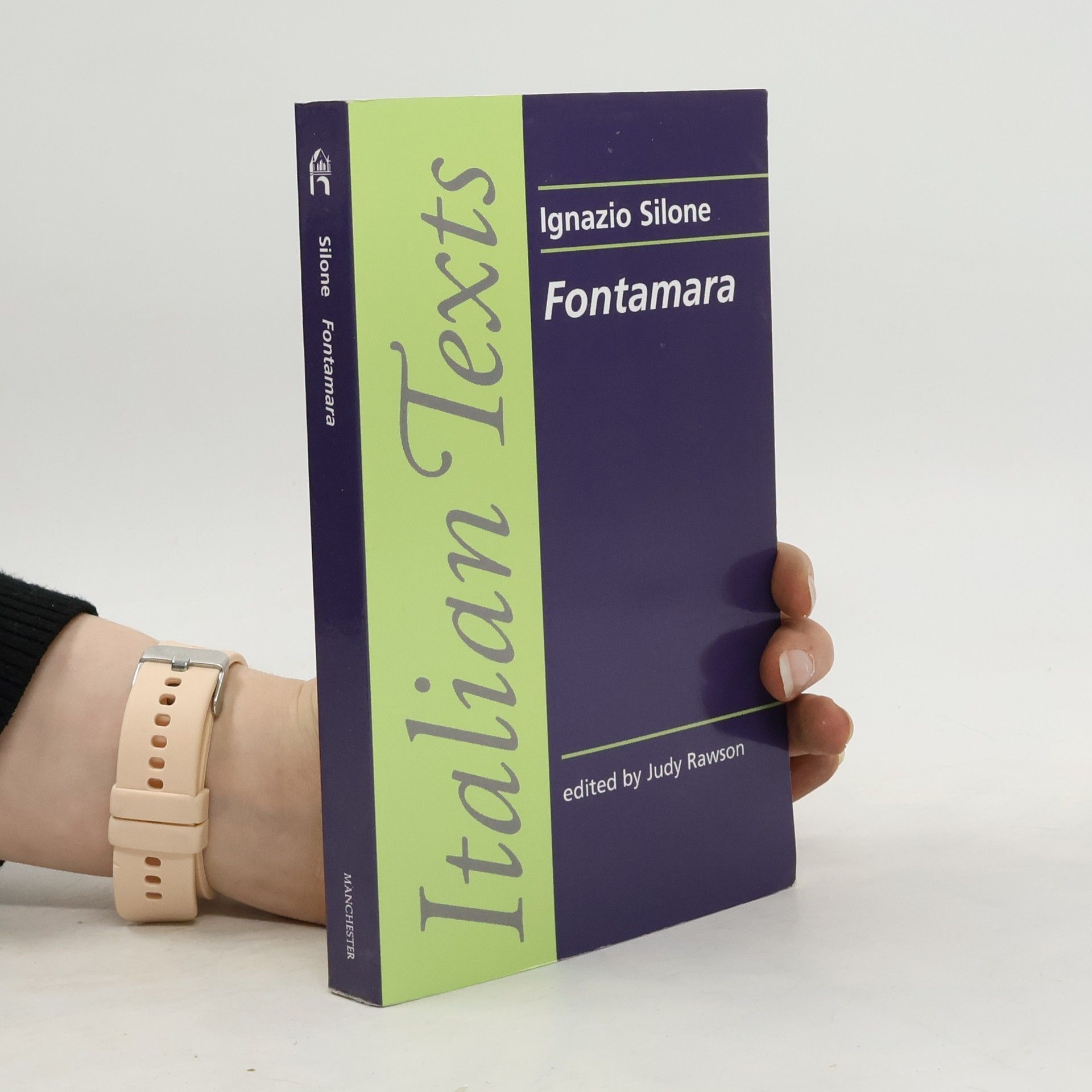Fontamara is one of the Italian classics of the twentieth century. It was written in 1933 and was well-known in translation before it could be published in Italy. In England it was very popular in its Pengiun edition. Its author, Ignazio Silone, was a controversial figure throughout his life. He was a communist until 1931, later referring to himself as a 'Socialist without a party and a Christian without a church.' He wrote Fontamara first and foremost as an antifascist, setting it in his own region of Abruzzo, east of Rome. He describes the sufferings of the peasants, the cafoni, still living under feudalism and further burdened under the new fascist regime of Mussolini. The story itself is a good read, told with humour and suspense. The themes embrace politics and religion, revolution and mysticism. They raise such Italian problems as regionalism, the clash of ideologies and the ways of portraying them in literary form. The form of the narrative itself is an experiment in getting across a vital message in a fraught time. This edition includes an introduction and notes which help to set the novel in its historical and political context, both in Italy and the rest of Europe in the decade before the Second World War. The vocabulary section is exhaustive, making the text suitable for those just coming to grips with the language.
Abruzzská trilógiaSéria
Táto trilógia vás zavedie do malebného talianskeho regiónu Abruzzo, kde sa prelínajú tajomstvá, láska a rodinné ságy. Príbehy zachytávajú krásu krajiny aj zložitosť ľudských vzťahov, odhaľujú staré tajomstvá a ukazujú, ako minulosť ovplyvňuje prítomnosť. Je to emotívna cesta plná vášne, tradícií a nečakaných zvratov, ktorá vás pohltí od prvej strany.




Odporúčané poradie čítania
- 1
- 1
- 2
Bread and Wine
- 304 stránok
- 11 hodin čítania
Set against the backdrop of Italy's fascist regime, the narrative follows Pietro Spina's return from exile to rally the peasants of Abruzzi into a revolutionary force. The book powerfully critiques the use of violence and deception by totalitarian states, emphasizing the enduring relevance of its themes. Through Spina's journey, it highlights the struggle for truth and justice in oppressive environments, serving as a poignant reminder of the dangers posed by authoritarianism.
- 3
Der Samen unter dem Schnee
- 575 stránok
- 21 hodin čítania